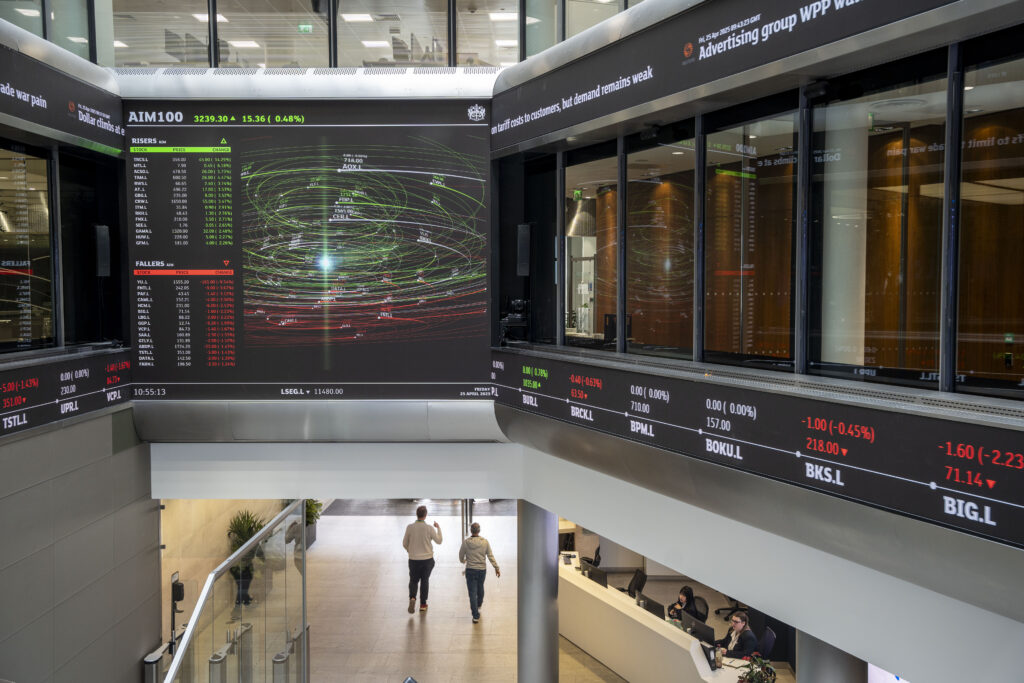“There is no doubt that the government would find it much harder to drive retail investment in a period of financial turbulence,” added Chris Rudden, head of investment consultants at Moneyfarm. “Appetite to invest is linked to strong recent market performance. If there was to be a bubble that bursts in the coming few months, then it could make their job impossible.”
IG’s Beauchamp argued that the government would need to pursue a broader education plan “to help people through the inevitable pullback” and prevent them from avoiding the stock market permanently. “How you do that without scaring people witless is a Herculean task,” he added.
Laith Khalaf, head of investment analysis at AJ Bell, suggested investment platforms could encourage regular incremental savings in the stock market, known as dollar cost averaging, rather than throwing one lump sum in, which he said “mitigates the risk of a big market downdraft.”
One solution that appears to be under consideration by Reeves as part of the autumn budget is to introduce a minimum U.K. stock shareholding in ISAs — which she could argue would protect British savers from a U.S. downturn and pump more money into local companies.
This too is not without risk. The FTSE 100 derives nearly 30 percent of its revenue from the U.S., according to the London Stock Exchange, and U.K. markets are generally incredibly sensitive to macroeconomic shifts across the Atlantic.
 The FTSE 100 derives nearly 30 percent of its revenue from the U.S., according to the London Stock Exchange. | Jeff Moore/Getty Images
The FTSE 100 derives nearly 30 percent of its revenue from the U.S., according to the London Stock Exchange. | Jeff Moore/Getty Images
Meanwhile, if an AI-induced stock bubble isn’t enough cause for concern, worries of trouble in the private credit sector exploded this month after the collapse of sub-prime auto lender Tricolor and car parts supplier First Brands left some U.S. banks with significant losses, causing a spillover onto public markets.
BoE governor Bailey recently drew similarities between risks in the asset class and the 2008 global financial crisis, saying it was an “open question” if the event was “a canary in the coal mine” for a market meltdown.
If one domino falls, they all could — and that would leave Britain’s chancellor in a real bind.
